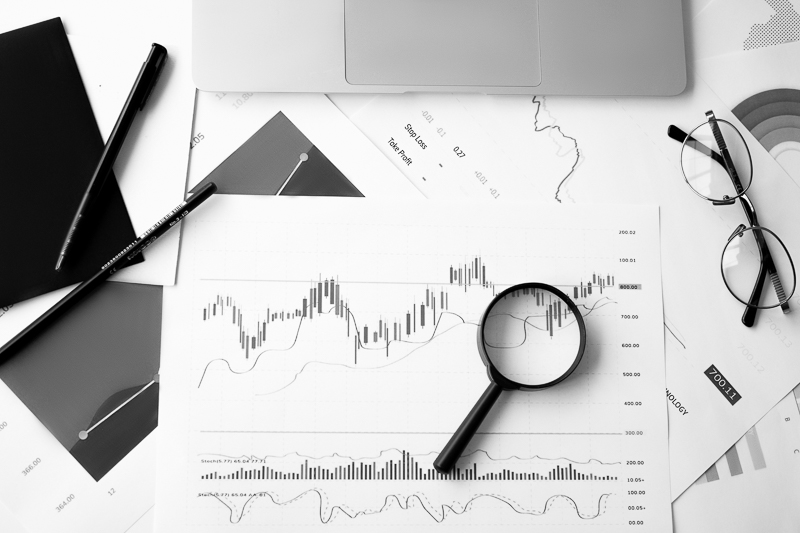

VAT on Incidental Transactions
By Atty. Fulvio D. Dawilan
"Echoing earlier decisions, the Supreme Court stated that the VAT applies to sale of services in the course of trade or business which includes incidental transactions. It does not follow that an isolated transaction cannot be an incidental transaction for purposes of VAT liability. However, it must be clearly established that the transaction in question must be related or connected with the conduct of the main business activity which is subject to the VAT.”
 Fulvio D. Dawilan +632 8403 2001 loc.310 |
In our value-added tax (VAT) system, the imposition of VAT is anchored on the basic principle that any person who sells goods and services, in the course of trade of business, shall be subject to VAT. What are subject to VAT are transactions done in the course of trade or business. Apparently, the phrase “regular course of trade or business" covers not only those pursued in the regular conduct or pursuit of a commercial or economic activity but also includes transactions incidental thereto. Incidental transactions are therefore covered by the VAT regime if the main business activity is subject to VAT.
 Recall that in the past, the Courts declared that isolated transactions are not subject to VAT. In one case (G.R. No. 146984, July 28, 2006), vessels were acquired and leased in the ordinary course of business of the owner. The subsequent sale of the vessels was not considered to have been done in the course of the seller’s business as it was involuntary and was made because of the government’s privatization program. Accordingly, this isolated transaction was treated as not subject to VAT. Similarly, in G.R. No. 198146, August 8, 2017, the Court ruled that the sale of power plants was not in the pursuit of a commercial or economic activity but a governmental function mandated by law to privatize assets. It was not "in the course of trade or business" as contemplated under the VAT law, and thus, not subject to VAT.
Recall that in the past, the Courts declared that isolated transactions are not subject to VAT. In one case (G.R. No. 146984, July 28, 2006), vessels were acquired and leased in the ordinary course of business of the owner. The subsequent sale of the vessels was not considered to have been done in the course of the seller’s business as it was involuntary and was made because of the government’s privatization program. Accordingly, this isolated transaction was treated as not subject to VAT. Similarly, in G.R. No. 198146, August 8, 2017, the Court ruled that the sale of power plants was not in the pursuit of a commercial or economic activity but a governmental function mandated by law to privatize assets. It was not "in the course of trade or business" as contemplated under the VAT law, and thus, not subject to VAT.
However, there were also instances where one-time transactions involving sale of assets were considered as subject to VAT. In G.R. No. 193301, March 11, 2013, a vehicle was bought and used in business. It became part of the taxpayer’s property and equipment and later but later sold when it was fully depreciated. The Court noted that the sale of the motor vehicle was an isolated one, the main business of the seller being in power generation and not in the business of selling motor vehicles. Nonetheless, it was an incidental transaction made in the course of the taxpayer’s business, which should be liable for VAT. According to the Court, it does not follow that an isolated transaction cannot be an incidental transaction for purposes of VAT liability.
So when are transactions treated as incidental? What are the transactions that should be embraced by the term “incidental” within the context of the VAT law? And when are incidental transactions subject to VAT?
A more recent case (G.R. No. 186155, January 17, 2023) provides a more enlightening answer. This case involves a taxpayer that was engaged primarily in the business of providing management services – managing, promoting, administering or assisting businesses. It was assessed VAT liability on the interest income derived from the advances made to affiliates. As expected, the taxpayer argued, among others, that the granting of loans or advances to affiliates were not done in the course of trade or business. A transaction would only be subject to VAT if done regularly or in pursuit of a commercial or economic undertaking. Neither was the granting of loans – which was made occasionally to accommodate affiliates with no existing credit lines with banks - incidental to its primary business activities.
In resolving the controversy, the Court declared that, for VAT to apply, the activity may not always be pursued with regularity or habituality. VAT may still be imposed even if the transaction is merely occasional or isolated. And this is particularly true to transactions that are incidental to the main business activity. While the primary or main activity is characterized by regularity, that which is incidental to it may be conducted only occasionally. Although merely occasional or isolated, a transaction may still be embraced in the definition of “in the course of trade or business”, so long as the transaction is incidental to the seller’s main business activity.
As further clarified, however, for a transaction to be considered incidental to the main business activity, it is imperative that there must be intimate connection between the transaction and the main business activity. In this particular case, the Court found that there was no showing of a connection between the granting of financial assistance/loans and the primary purpose of providing management services. Accordingly, the interest income derived from such loans are not subject to VAT.
In summary, echoing earlier decisions, the Supreme Court stated that the VAT applies to sale of services in the course of trade or business which includes incidental transactions. It does not follow that an isolated transaction cannot be an incidental transaction for purposes of VAT liability. However, it must be clearly established that the transaction in question must be related or connected with the conduct of the main business activity which is subject to the VAT.
There is no doubt that “incidental transactions” are embraced within the phrase “in the course of trade or business”, making said transactions subject to VAT. That transaction could be isolated or not, regularly conducted or not. But not all transactions pursued by a taxpayer are to be treated as incidental for VAT purposes. To be incidental, the undertaking must be related to the main business activity which is subject to VAT.
The important consideration, therefore, for an activity to be considered incidental and subject to VAT as the main activity is its connection to the main business activity. If there is none, it could not be considered incidental and should be free from VAT. If it is, VAT should be imposed as a necessary consequence.
The author is the Managing Partner of Du-Baladad and Associates Law Offices (BDB Law), a member-firm of WTS Global.
The article is for general information only and is not intended, nor should be construed as a substitute for tax, legal or financial advice on any specific matter. Applicability of this article to any actual or particular tax or legal issue should be supported therefore by a professional study or advice. If you have any comments or questions concerning the article, you may e-mail the author at This email address is being protected from spambots. You need JavaScript enabled to view it. or call 8403-2001 loc 310.



